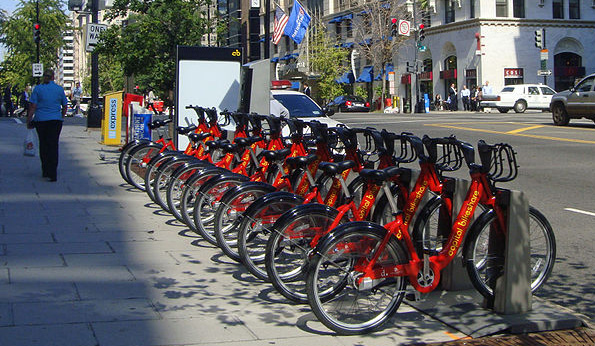In the wake of tragedy, we scramble to make sense of the senseless, derive meaning from the meaningless, identify causality (or at least, correlation) in the randomness.
We…
politicize
criticize
proselytize
sanitize
quantify
qualify
verify
justify
the violence.
Our ability to reason is a hallmark of humanity.
And humans have been trying to make sense of violence among men for thousands of years.
“For as humans are the best of all animals when perfected, so they are the worst when divorced from law and right. The reason is that injustice is most difficult to deal with when furnished with weapons, and the weapons a human being has are meant by nature to go along with prudence and virtue, but it is only too possible to turn them to contrary uses. Consequently, if a human being lacks virtue, he is the most unholy and savage thing, and when it comes to sex and food, the worst. But justice is something political, for right is the arrangement of the political community, and right is discrimination of what is just.”
– Aristotle, Politics
“Hence arose the first obligations of civility even among savages; and every intended injury became an affront; because, besides the hurt which might result from it, the party injured was certain to find in it a contempt for his person, which was often more insupportable than the hurt itself. Thus, as every man punished the contempt shown him by others, in proportion to his opinion of himself, revenge became terrible, and men bloody and cruel. This is precisely the state reached by most of the savage nations known to us: and it is for want of having made a proper distinction in our ideas, and see how very far they already are from the state of nature, that so many writers have hastily concluded that man is naturally cruel, and requires civil institutions to make him more mild; whereas nothing is more gentle than man in his primitive state, as he is placed by nature at an equal distance from the stupidity of brutes, and the fatal ingenuity of civilised man. Equally confined by instinct and reason to the sole care of guarding himself against the mischiefs which threaten him, he is restrained by natural compassion from doing any injury to others, and is not led to do such a thing even in return for injuries received. For, according to the axiom of the wise Locke, There can be no injury, where there is no property.”
– Rousseau, Second Discourse On the Origin of Inequality
In the wake of tragedy, we search for meaning.
To reason is human.

